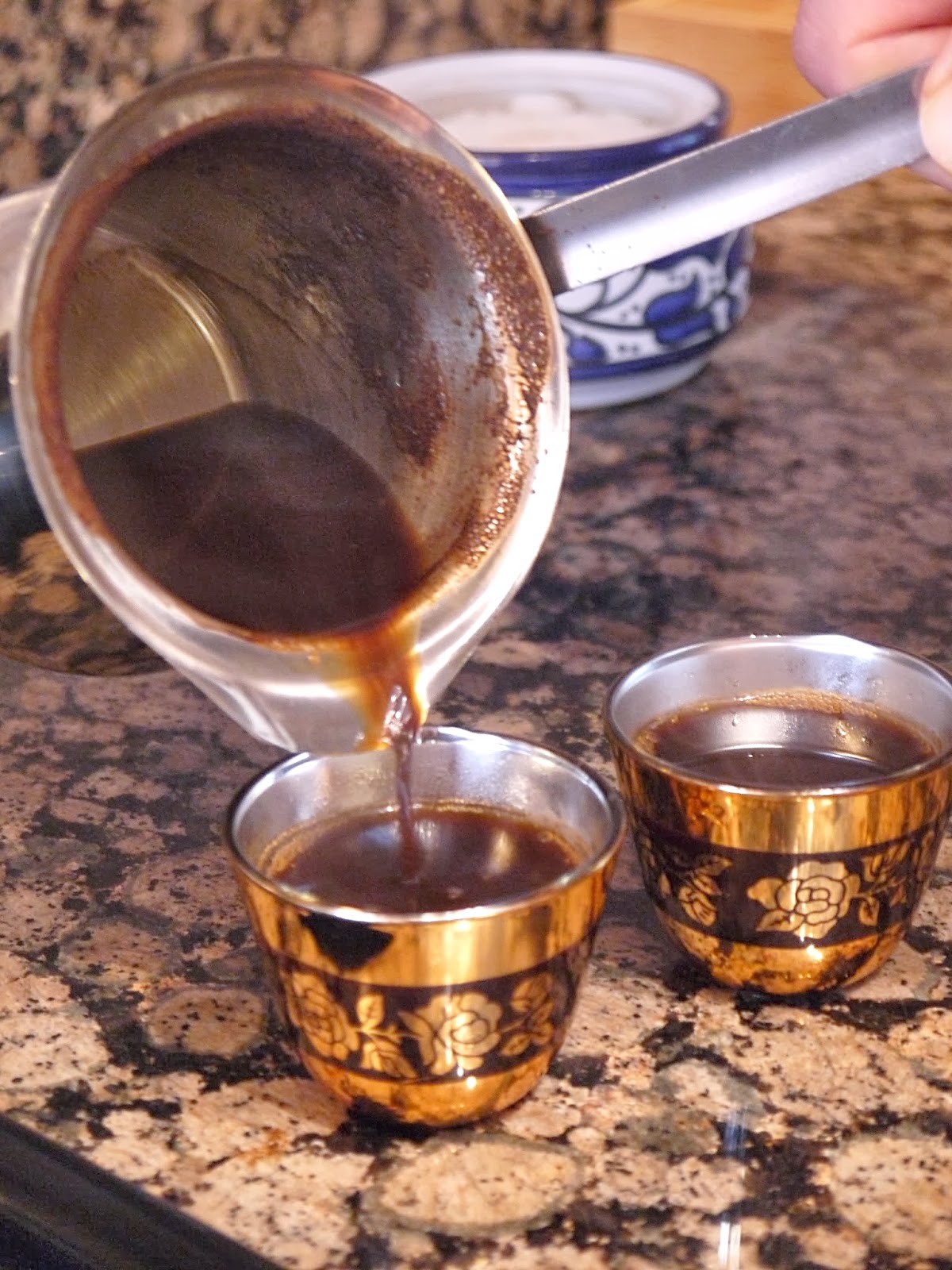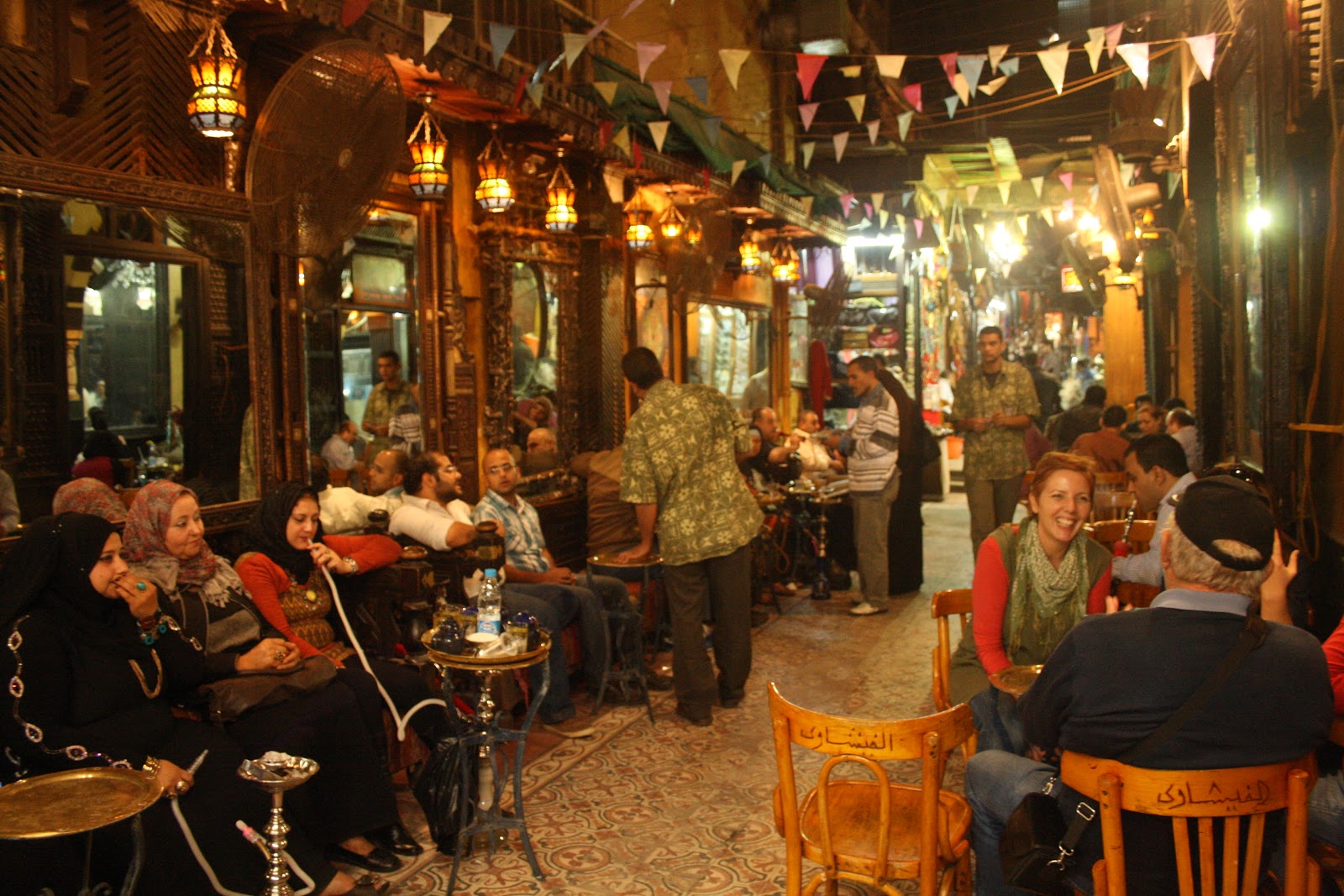- Journalist: Alia Al Khater
- Editor: Idris Abu
FairTrade
Opinion: By Alia Al Khater of North Western University – Qatar
The Bitter Irony of Fair Trade Coffee
The Middle East has a long history of coffee drinking traditions. Over the years, the traditions have been shifting towards more Western ones.


More recently, numerous specialty coffee shops are being opened, many of which are run by local independent business owners.
As people are beginning to appreciate quality coffee, the region can be characterized by its vastly expanding market for coffee drinking. Many of these coffee shops sell fairly expensive drinks because of the labels that are on the coffee bag. “Fair Trade” labels seem to be on the rise globally.
The label essentially means that we are “helping” farmers in developing countries get paid what they deserve for their commodities. I beg to differ.

The transfer of goods around the world is at an all-time high. With the global growth of coffee consumption, alongside other products, the Fair Trade movement has emerged. What the movement aims to do is to improve the economic profits of producers in developing nations. They argue that the free market system is ineffective, as many small producers and farmers earn close to nothing for their goods in the global market. Instead, what the Fair Trade movement does is pay these producers a price which is above the market price. This is only if the farmers meet the specifications of the organizations.
Coffee is considered the second most valuable product that is being traded internationally from developing countries. The premise of Fair Trade is that if you pay the extra money for a cup of coffee, the growers of coffee beans will be protected and coffee will maintain its sustainable development.
When coffee is traded internationally, the coffee beans receive a grade for its quality, which varies in price.
Specialty coffee is known for the best coffee beans, as they are grown in special climates and under specific conditions. For this reason, they receive a higher grade and are sold for higher prices. While Fair Trade coffee does not have to be categorized under a higher grade, it can still be considered specialty coffee, even though it is actually not. This is because the specific production standards set by the Fair Trade organizations in order for farmers to receive the certification. In the region, specialty coffee shops sell their fair-traded specialty drinks for high prices, but the question that remains is, does the Fair Trade label have a positive effect on the producers in developing countries?
The first issue of Fair Trade is the exclusivity of the movement. If a small-time farmer wants their commodities to be recognized as Fair Trade, they have to pay a lot of money. Not only is there a joining fee but also a yearly fee in order to keep the certification. This can cost up to several thousands of dollars, which many farmers in developing countries do not have. Therefore, while the Fair Trade movement was developed to “help” these farmers, in most cases, the vast majority of farmers cannot even join in the movement because they cannot afford to do so.
An ironic aspect of the Fair Trade movement is that it makes it easier to exploit farmers, which goes against their stated goal of stopping this exploitation. Perhaps the most notable fact is the large sum of money that Fair Trade organizations take in from farmers to get licensed. The ethical Fair Trade movement has turned into a billion-dollar market. There is also an obvious lack of transparency within the movement. Consumers who do not mind paying the extra price for fair-traded coffee do not actually know who or where this extra money is going to. More often than not, the money does not go back to the farmer but instead the large and manipulative Fair Trade organizations.
Another issue of Fair Trade is that it encourages more growth of coffee. If the Fair Trade movement pays the farmers higher than the market price, it would promote them to grow more coffee than what is needed. When the supply of coffee exceeds the demand, it will affect other farmers who are not a part of the Fair Trade movement. They would be more likely to receive even less money for their products than they already do. By encouraging these farmers to grow more coffee, they will be unable to escape the system of poverty that they have been stuck in.
Lastly, an important problem with Fair Trade is that it does not have the potential to solve poverty. Fair Trade does not help developing countries in important aspects, such as health, infrastructure, and education. Instead, Fair Trade simply promotes farmers to continue making coffee for the bare minimum. It has been brought up by economists that fair-traded coffee is extremely unsuccessful at reducing poverty, even at the minimum level. Fair Trade can be viewed as a charitable transfer to these farmers, and like others of its kind, these transfers can never be seen as a long-term solution.
While Fair Trade started off aimed towards spreading economic and social justice to developing countries, it has shifted to a market-oriented movement. Unfortunately, Fair Trade is a solution that only benefits the rich while it further exploits the less fortunate. More effective solutions have been proposed such as direct trade, in which coffee buyers have direct contact with their coffee growers. This is a more efficient system that avoids larger Fair Trade organizations exploiting farmers to their own advantage.
It is evident why we should not support a model which is making millions off the livelihoods of farmers in developing countries. Therefore, the next time you head out to a specialty coffee store to enjoy an expensive cup of fair-traded coffee, remember that you are only helping Fair Trade organizations further exploit poor farmers.
Al-Sahawat Times | Ethical Global News from Oman and UAE | Donate HERE
This story is available on:
APPLE NEWS | GOOGLE NEWS | AL-SAHAWAT TIMES
Talk to a journalist:
Email: NewsDesk@alsahawat.com
Web: alsahawat.com
Twitter: @alsahawat_times
I.Abu@alsahawat.com
Views: 1





